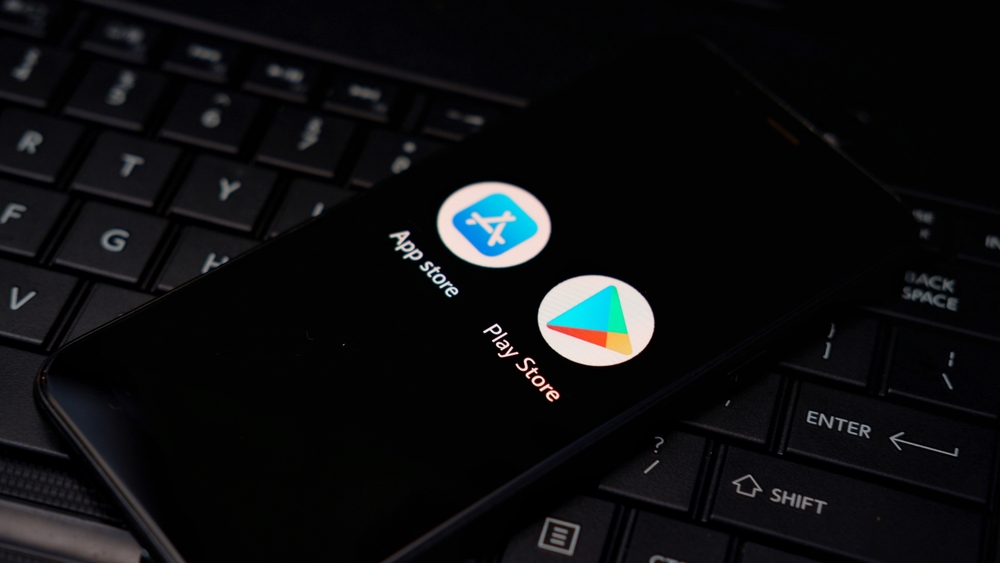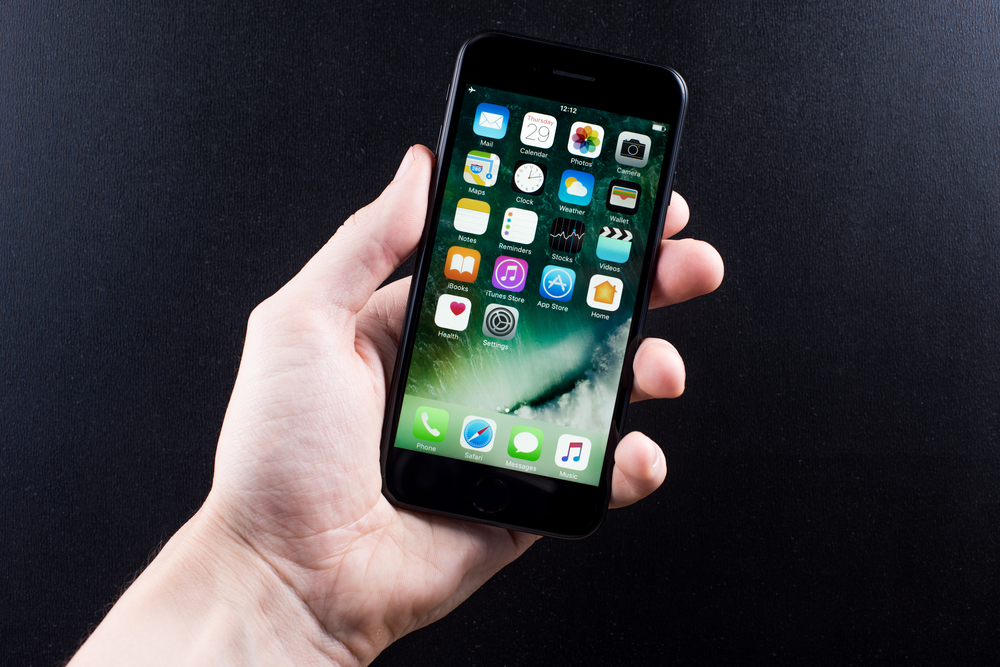
10 Expert Tips: Mastering App Marketing and Promotion for Success

With the increasing number of mobile Android or iOS app s available in app stores, it can be a challenging task to make your app stand out from the crowd. However, by implementing effective marketing and promotion strategies, you can boost your app's visibility, maximize downloads, and ultimately achieve success. In this article, we will share 10 expert tips that will help you master app marketing and promotion.
1. Develop a Comprehensive Marketing Plan
A successful app marketing campaign starts with a well-thought-out plan. Begin by identifying your target audience, conducting market research, and understanding the unique selling points of your app. Define your goals and objectives and outline the strategies and tactics you will use to achieve them.
Consider your budget, timeline, and available resources when creating your marketing plan. It should cover pre-launch activities, such as building hype and generating buzz, as well as post-launch efforts to sustain growth and drive user engagement.
2. Optimize Your App Store Listing
To attract potential users, optimize your app store listing to improve its discoverability and conversion rates. Choose a compelling app name and write a concise, persuasive description that highlights the key features and benefits of your mobile Google Play or App Store app .
Include relevant keywords in your app title and description to improve its visibility in app store search results. Conduct keyword research to identify the most relevant and popular search terms related to your app's category.
Enhance your app's visual appeal by using high-quality screenshots, videos, and app icons. A visually appealing listing is more likely to capture users' attention and convince them to download your app.
3. Leverage App Store Optimization (ASO)
App Store Optimization (ASO) is the process of optimizing your app store listing to improve its organic search ranking and visibility. Just like search engine optimization (SEO) for websites, ASO plays a crucial role in driving organic traffic to your app.
Focus on optimizing your app's metadata, including the app name, description, and keywords. Regularly monitor and analyze the performance of your app store listing, making necessary adjustments to improve visibility and conversion rates.
Consider monitoring and responding to user reviews and ratings. Positive reviews and higher ratings contribute to improved app store rankings and increased user trust.
4. Incorporate Social Media Marketing
Social media platforms provide an excellent opportunity to reach a wide audience and engage with potential app users. Create social media accounts dedicated to your mobile app and regularly share updates, app features, and user testimonials.
Develop a content strategy to keep your followers engaged. Post engaging content such as articles, videos, infographics, and user stories that create buzz around your app. Encourage users to share their experiences and interact with your app's social media profiles.
Consider running social media ad campaigns to target specific demographics and drive app downloads. Utilize targeting features provided by platforms like Facebook and Instagram to narrow your audience and maximize ad effectiveness.
5. Harness the Power of Influencer Marketing
Influencer marketing can significantly impact app visibility and recognition. Collaborate with relevant influencers in your app's niche to promote your mobile App Store or Google Play app to their followers. Seek out influencers with a large and engaged audience that aligns with your target demographic.
When partnering with influencers, ensure you clearly communicate your expectations and provide them with the necessary resources, such as access to your app, promotional codes, or exclusive offers for their followers.
Monitor the performance of influencer campaigns, tracking key metrics such as downloads, engagements, and conversions. Identify successful partnerships and consider ongoing collaborations to continuously expand your app's reach.
6. Implement App Install Campaigns
Running app install campaigns is an effective way to acquire new users and increase the number of app downloads. Leverage popular advertising platforms, such as Google Ads and Apple Search Ads, to target relevant keywords and demographics.
Design persuasive ad creatives that clearly communicate the value proposition of your mobile iOS or Android app . Use compelling visuals and concise copy that drives users to take action and download your app.
Optimize your app install campaigns by regularly monitoring and adjusting your bids, targeting options, and ad creatives. A/B test different variations to identify the most effective campaign elements and improve overall performance.
7. Collaborate with App Review Websites and Blogs
Build relationships with influential websites and blogs that specialize in reviewing and featuring mobile apps. Reach out to these platforms and offer them an exclusive preview or access to your app. Ask for a review or a sponsored post featuring your app.
Positive reviews and mentions from trusted sources can significantly boost your app's credibility, visibility, and organic downloads. However, avoid paying for fake reviews or resorting to unethical practices, as they can harm your app's reputation in the long run.
8. Implement User Referral Programs
Encourage your existing users to refer your mobile app to their friends and family through referral programs. Incentivize referrals by offering rewards, such as premium features, discounts, or in-app credits.
Make it easy for users to refer others by integrating seamless sharing options within your app. Monitor the performance of your referral programs and optimize them to maximize results and attract a larger user base.
9. Utilize App Analytics
Data-driven decision making is crucial for app marketing success. Implement a robust app analytics solution to track and measure various metrics, including user acquisition, engagement, retention, and in-app conversions.
Regularly analyze these metrics to gain insights into user behavior, identify areas for improvement, and optimize your app marketing strategies. Understand your users' preferences, their journey within your app, and the features they engage with the most.
Use this data to continually iterate and enhance your app, keeping your target audience's needs and preferences at the forefront.
10. Cultivate a Strong Online Presence
Establish a strong online presence through various channels, including your website, blog, and social media platforms, to showcase the unique value proposition of your mobile app. Create informative and engaging content that positions you as an industry expert and builds credibility.
Optimize your website and blog for search engines to attract organic traffic. Write articles and guest posts that provide value to your target audience and include relevant keywords related to your app's features and benefits.
Engage in online communities, forums, and groups related to your app's niche. Provide valuable insights, answer questions, and gradually build a reputation as a trusted source of expertise.
Frequently Asked Questions (FAQs)
1. How long does it take to see results from app marketing efforts?
The time it takes to see results from app marketing efforts varies depending on various factors such as competition, target audience, marketing strategy, and the quality of your app. Typically, it may take several weeks to a few months to observe significant results.
2. Is it worthwhile to invest in paid app install campaigns?
Investing in paid app install campaigns can be highly beneficial for acquiring new users, especially during the initial launch phase. However, it's essential to monitor and optimize your campaigns for optimal performance and ensure that the return on investment justifies the cost.
3. How can I encourage users to leave positive reviews?
Providing a seamless user experience, valuable content, and exceptional customer support can encourage users to leave positive reviews. Additionally, you can prompt users to review your app with gentle reminders or incentives within the app itself.
4. Should I focus on both iOS and Android app marketing simultaneously?
App marketing efforts should ideally be tailored to each platform's unique requirements. However, if you have limited resources or a small budget, prioritizing the platform that aligns with your target audience demographics can be a more strategic approach in the beginning.
5. How can I maximize user engagement with my mobile app?
Maximize user engagement by continually monitoring and analyzing user behavior within your app using analytics tools. Identify features that resonate with your users the most and optimize their UX/UI. Additionally, regularly release updates, bug fixes, and new features to keep your app fresh and exciting.
By implementing these expert tips and staying committed to your app marketing strategies, you can pave the way to success in the highly competitive mobile app marketplace. Remember, consistency, monitoring, and adapting to changing user preferences are key to achieving your app's marketing and promotion goals.
Other useful resources
- https://www.appguru24.com/apps/
- https://www.appguru24.com/apps-directory/ios/
- https://www.appguru24.com/apps-directory/